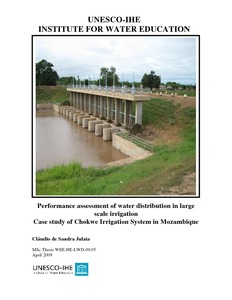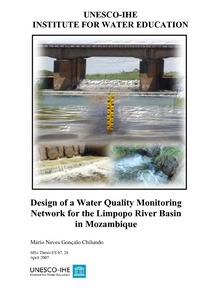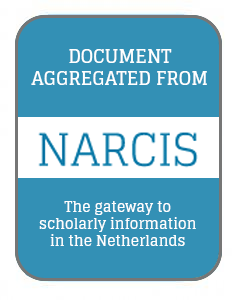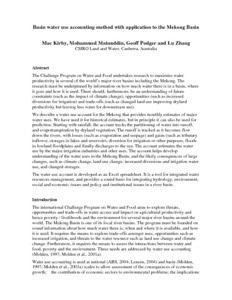United Nations Educational Scientific and Cultural Organization
In 1945, UNESCO was created in order to respond to the firm belief of nations, forged by two world wars in less than a generation, that political and economic agreements are not enough to build a lasting peace. Peace must be established on the basis of humanity’s moral and intellectual solidarity.
UNESCO strives to build networks among nations that enable this kind of solidarity, by:
- Mobilizing for education: so that every child, boy or girl, has access to quality education as a fundamental human right and as a prerequisite for human development.
- Building intercultural understanding: through protection of heritage and support for cultural diversity. UNESCO created the idea of World Heritage to protect sites of outstanding universal value.
- Pursuing scientific cooperation: such as early warning systems for tsunamis or trans-boundary water management agreements, to strengthen ties between nations and societies.
- Protecting freedom of expression: an essential condition for democracy, development and human dignity.
Members:
Resources
Displaying 6 - 10 of 10Performance assessment of water distribution in large scale irrigation: Case study of Chokwe Irrigation System in Mozambique
Journal Articles & Books
december, 2009
Mozambique
Africa
Southern Africa
Design of a water quality monitoring network for the Limpopo River Basin in Mozambique
Journal Articles & Books
december, 2007
Mozambique
Africa
Southern Africa
Basin water use accounting method with application to the Mekong Basin
Conference Papers & Reports
oktober, 2006






